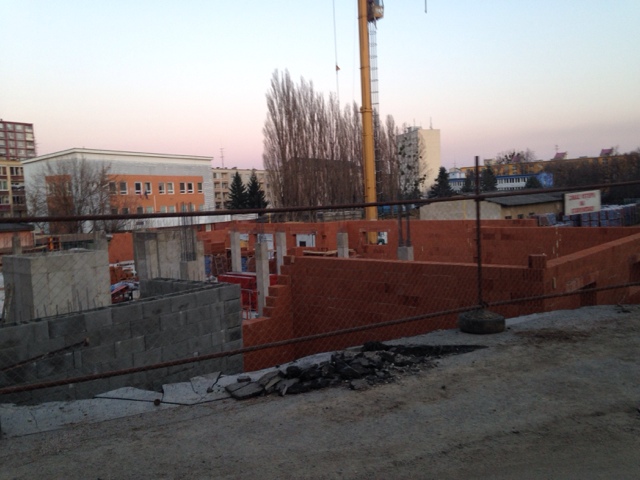Speakers at the weekend were two vets:
Mark (@ExpatVet) an American vet, graduated from Budapest, who started off doing mixed practice in Saudi Arabia and now works in the UK.
Hannah, a UVM graduate, who went into Small Animal practice and 2.5 years after graduation opened her own sole-charge practice in Cardiff.
Saturday covered a background on the speakers, how they got to where they are and how to get your first job.
Hannah spoke about starting her own practice and consultation technique while Mark spoke about working abroad and the different requirements (NAVLE exam for America) plus difficulties of working in the Middle East with limited access to veterinary drugs!
Sunday focused on writing a veterinary CV, interview technique and then problems in consults and how to deal with them.
The weekend finished with a Q&A session which covered all sorts of topics from starting salaries, Dangerous Dogs Act, legalities regarding, reporting animal abuse, non-paying clients and was really useful to ask burning questions.
It was great to hear from two European vet school graduates who have been so successful and just goes to show what we can do after leaving here.
They made it clear that European graduates are in demand due to our practical skills, which some UK students are lacking, and that we should choose our first job carefully, at a practice we want to work at and don't just chase any old job or the first job offer; though don't be cocky!
I guess 10 years ago there was some prejudice against EU grads but nowadays all practice owners know (or know of) vets who studied abroad and it's no longer seen as a negative that we've gone abroad to chase our dreams of becoming a vet.
Was also nice to listen to fluent English speakers who have experience of working in the UK!
Chris is our Student Representative for the BSAVA so got us some massive discounts on veterinary textbooks.
I've ordered the Canine & Feline Surgical Principles (£79 down to £25) and BSAVA Pocketbook for Vets which is usually £25 online but discounted to £5.
Great weekend - thanks to Chris for organising it and to Hannah & Mark for coming to speak to us!




















